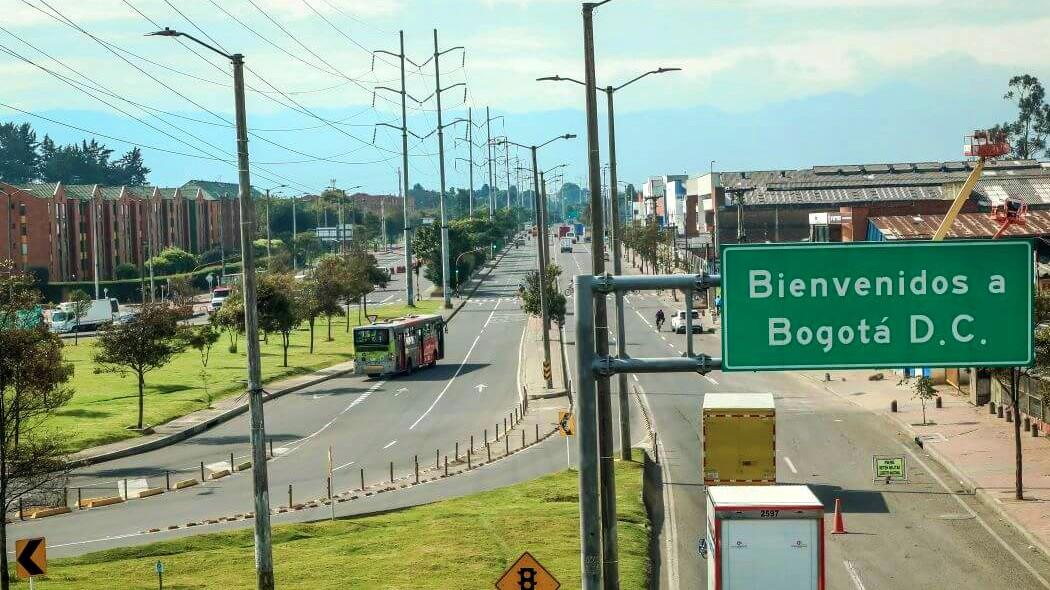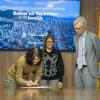All social, economic, and environmental trends of the 21st century drastically changed international relations. Multilateral organizations were key platforms by which nations joined efforts to respond to crises generated around the world. However, as crisis mutates, solutions must be redefined.
In this sense, the UN in its 75th anniversary is planning to promote a discussion on the necessity of further involvement of local governments in multilateralism, by bringing together NGOs, experts, and policymakers.
This question is entirely relevant having in mind the current dilemmas that humanity is facing and the rise of nationalist sentiments that tend to undermine the trust in international organizations. In this context, local and regional leaders are being helpful by showing a willingness to strengthen communications and sharing experiences with their counterparts around the world.
Consequently, Bogotá´s newly elected government is gaining higher prominence on the international agenda. The two main scenarios in which this Andean city is contributing to multilateralism are in sustainable development and the response to the pandemic.
First, the city is vice-president of the Steering Committee of C40 Cities Climate Leadership Group. This organization gathers mayors of the world´s leading cities to promote the reduction of greenhouse gases and urban development to mitigate climate change. In this sense, Bogotá has taken bold actions. Recently, she declared yellow alert due to air pollution and imposed strict measures to guarantee technological transition in cargo transportation and the industry. Also, it approved an environmental contract that finances citizen-led environmental conservation in its rural paramo areas, the protection of its ecological structure, and the strengthening of alternative mobility.
Moreover, Bogotá is an active member of networks like UCLG, UCCI, and Metropolis. As a result of the pandemic, the city is participating in Cities for Global Health, a collaborative platform that gathers strategies and health plans adopted to face Covid-19 and future health emergencies. In this scenario, Bogotá has a lot of innovative ideas to share, such as its Open government initiative to share epidemiological data and the Citizenship Culture strategy to strengthen protection measures taking into account popular beliefs, perceptions, and concerns. Another project worth sharing is its System of Care to assist vulnerable communities during the economic downturn.
In addition to the participation in international forums, the city is pursuing a communications strategy to foster contacts with other governments. For example, all public policies adopted in the Covid-19 contingency are being communicated both in English and Spanish to encourage diffusion.
On the whole, decision making in times of global distress is being transformed by new agents of multilateralism. Cities and regional governments are called to gain leadership in moments in which interdependency is evident and solidarity needs to be restored beyond borders.






